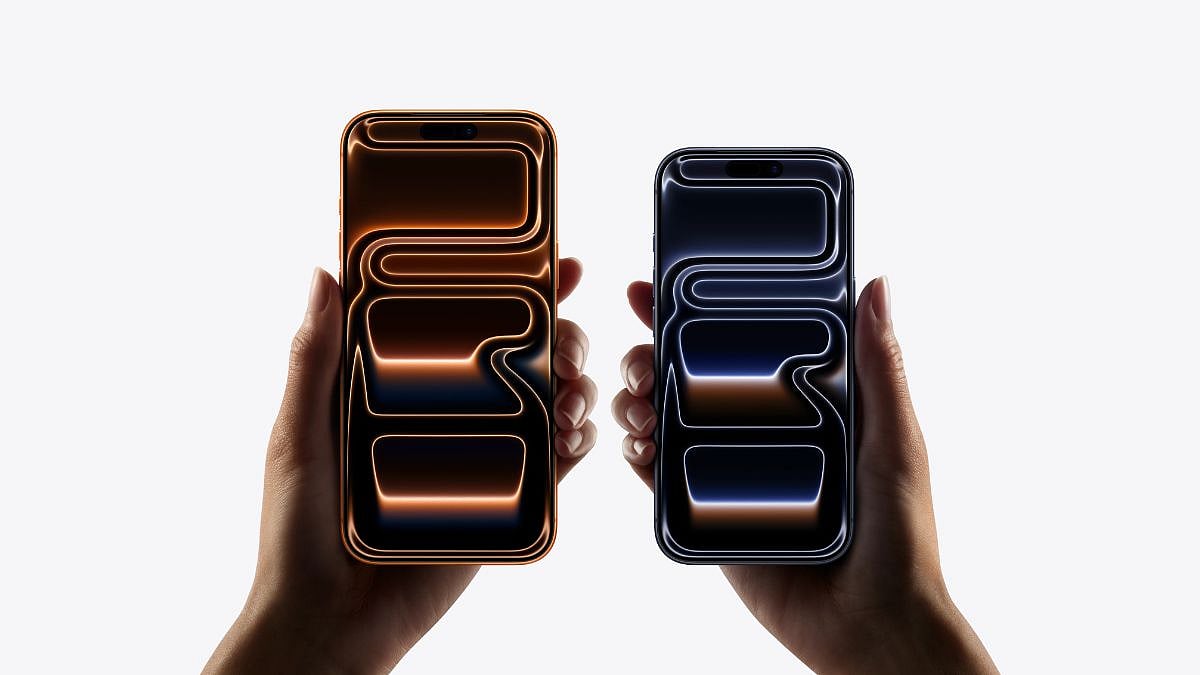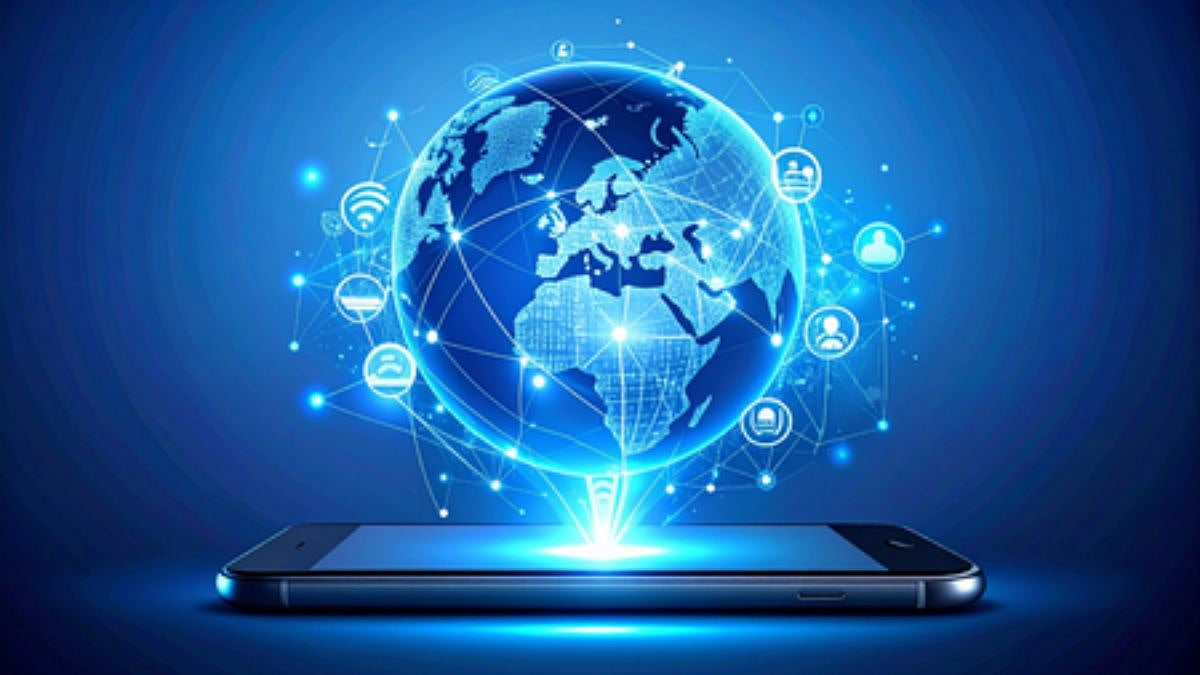If you are worried about your toddler being hooked to a smartphone or a tablet, read on. Researchers now say that toddlers with high daily touchscreen use are actually faster to find targets that stood out during visual search compared to toddlers with no or low touchscreen use.
There has been growing concern that toddlers and touchscreen use may negatively impact their developing attention but this fear is not based on empirical evidence.
According to the study, published in the Journal of the American Medical Association-Pediatrics, the results are important for the growing debate around the impact of screen time on toddlers and their development.
The use of smartphones and tablets by babies and toddlers has accelerated rapidly in recent years. "The first few years of life are critical for children to develop the ability to focus their attention on relevant information and ignore distraction, early skills that are known to be important for later academic achievement," said study author Tim Smith from the University of Bath in the UK
To provide such evidence, Smith's "TABLET Project" at Birkbeck's Centre for Brain and Cognitive Development, recruited 12-month-old infants who had different levels of touchscreen usage. The study followed them over the next 2.5 years, bringing them into the lab at 18 months and 3.5 years.
At the 18-month and 3.5-year visits, toddlers took part in a computer task in which they were trained to search for a red apple among a varying number of either blue apples (easy search), or blue apples and red apple slices (difficult search).
The researchers found that at both 18 months and 3.5 years the high touchscreen users were faster than the low users to find the red apple when it stood out amongst blue apples.
"There was no difference between the user groups when the apple was harder to find. What we need to know next is whether this attention difference is advantageous or detrimental to their everyday life," said another study author Rachael Bedford.
It is important we understand how to use this modern technology in a way that maximizes benefits and minimizes any negative consequences, Bedford added.
"We are currently unable to conclude that the touchscreen use caused the differences in attention as it may also be that children who are generally more attracted to bright, colourful features seek out touchscreen devices more than those who are not," the authors wrote.









